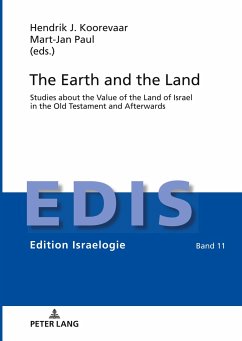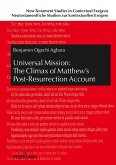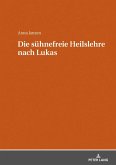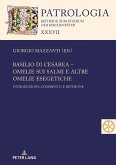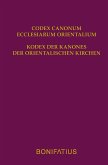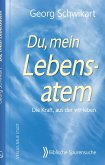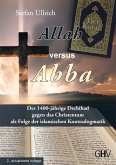In the Bible, the land of Israel is more than a piece of ground. It is a theological symbol, because it was an essential part of Israel's practice of its relationship with God. The land is connected to a lifestyle and to the carrying out of religious acts, like the sacrifices and the celebrations. Aspects of this are the use of the land and the enactment of ecological and humanitarian obligations. In this volume, we concentrate on the religious viewpoints, especially how the promised land can be seen from the Old and New Testament perspective. Before practical conclusions are drawn, it is important to have a good overview of the subject in the entire Bible. The chosen approach is historic-canonical and implies that we use the order of Bible books from the Hebrew canon. Two additional chapters show the Jewish and Islamic viewpoints.
This book has received the Franz Delitzsch Award 2018.
This book has received the Franz Delitzsch Award 2018.

